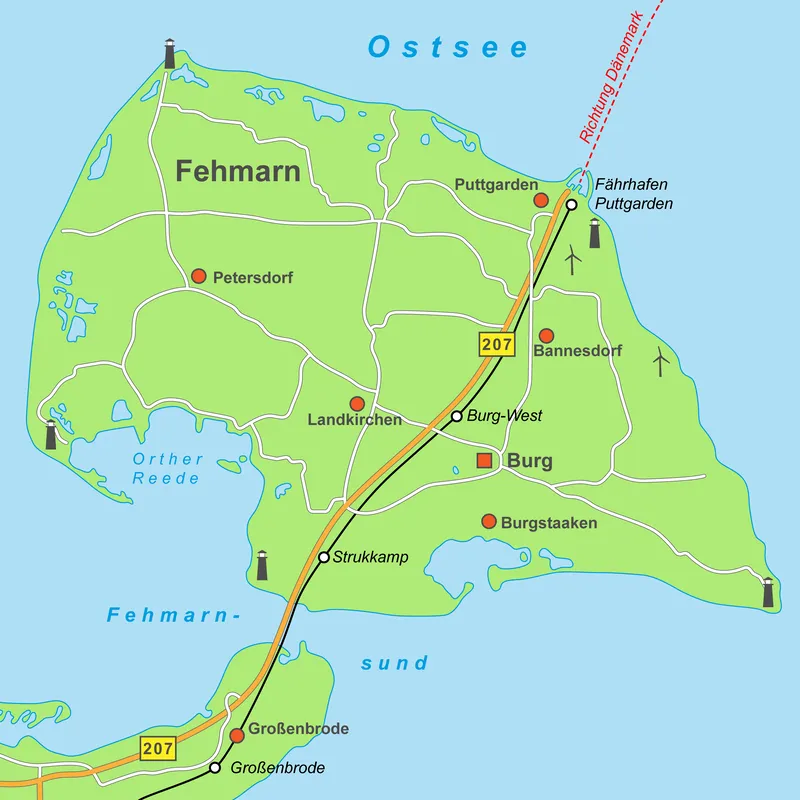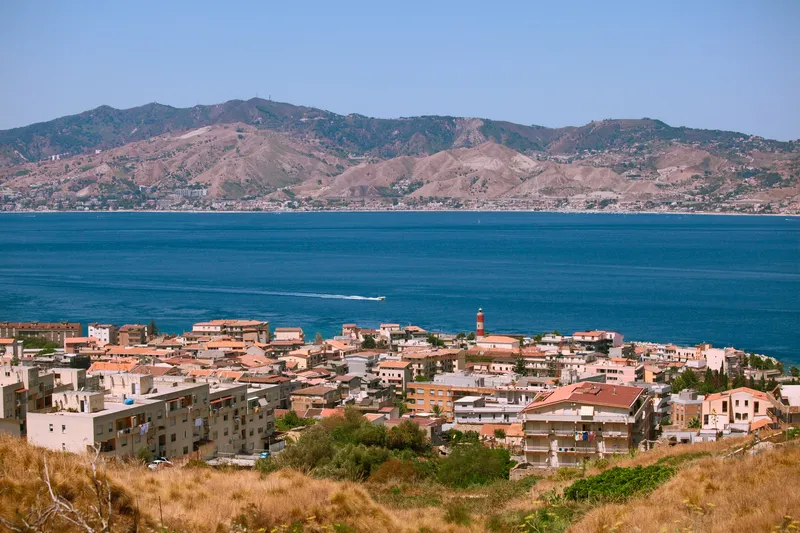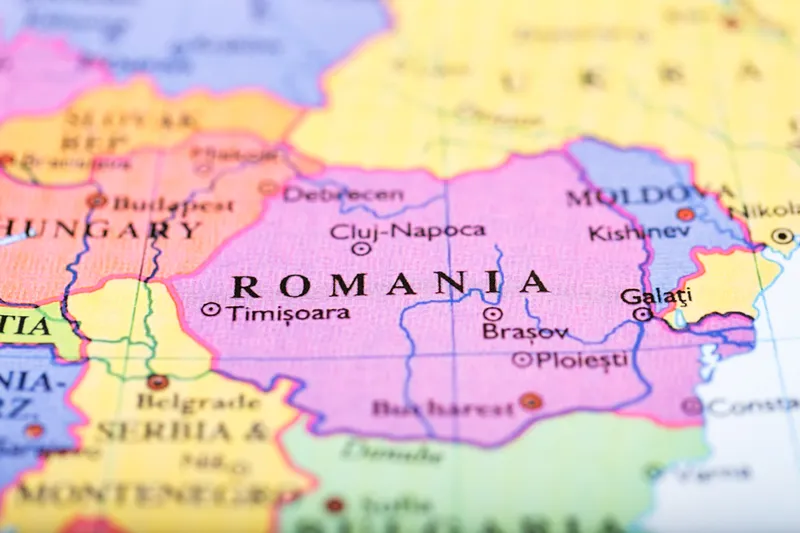A key agreement has been reached for a German tunnel project.
By MJ Woof
March 19, 2020
Read time: 1 min

A key agreement has been reached for a major tunnel project in Germany. The tunnel will connect Fehmarn Island with the mainland on Germany’s north coast. The agreement has been reached between the Ministry of Transport, the local government for Schleswig-Holstein, and DB Netz.
The island lies to the west of the port city of Kiel and the tunnel would connect with Holstein. The proposed link would be an immersed tunnel carrying both road and rail connections. It would feature dual rail tracks as well as two lanes for vehicle traffic in either direction. .Building the 1.7km tunnel is expected to cost €714 million and should the project go to plan, it should be completed by 2028.







